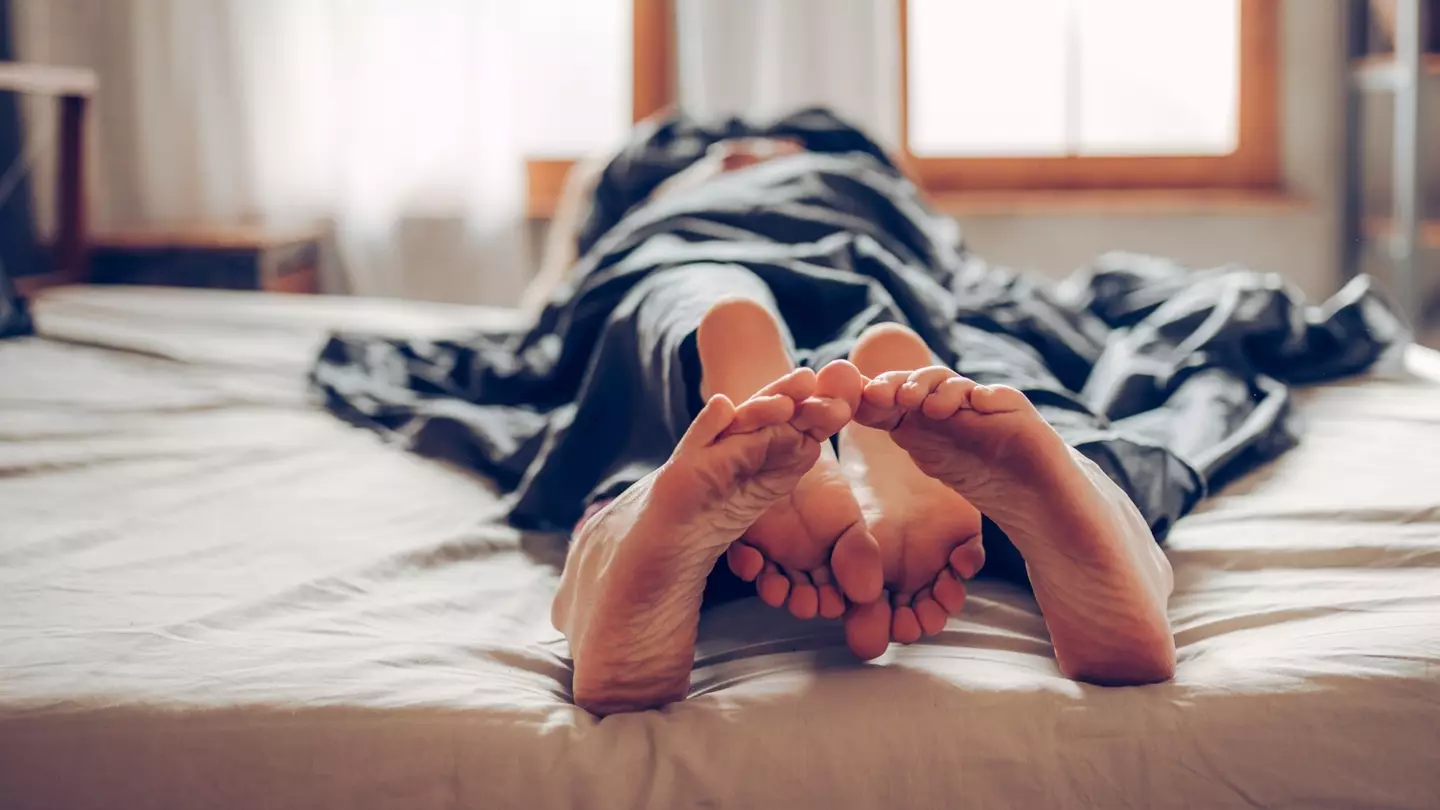.jpg)
Life
The latest news, health, travel and lifestyle stories from around the world, all in one place.

Analog bags are the latest Gen Z trend to take over TikTok - here's everything you need to know about them, including how to make your own

You may want to re-think your regular solarium usage following this new study

Ever wondered what your last name means?

'A Gay in a Manger' is set to run later this evening (18 December)

UK Government officials are currently in the process of passing a 'landmark' Tobacco and Vapes bill through the House of Lords

There could be another 'significant' benefit to drugs like Mounjaro and Wegovy
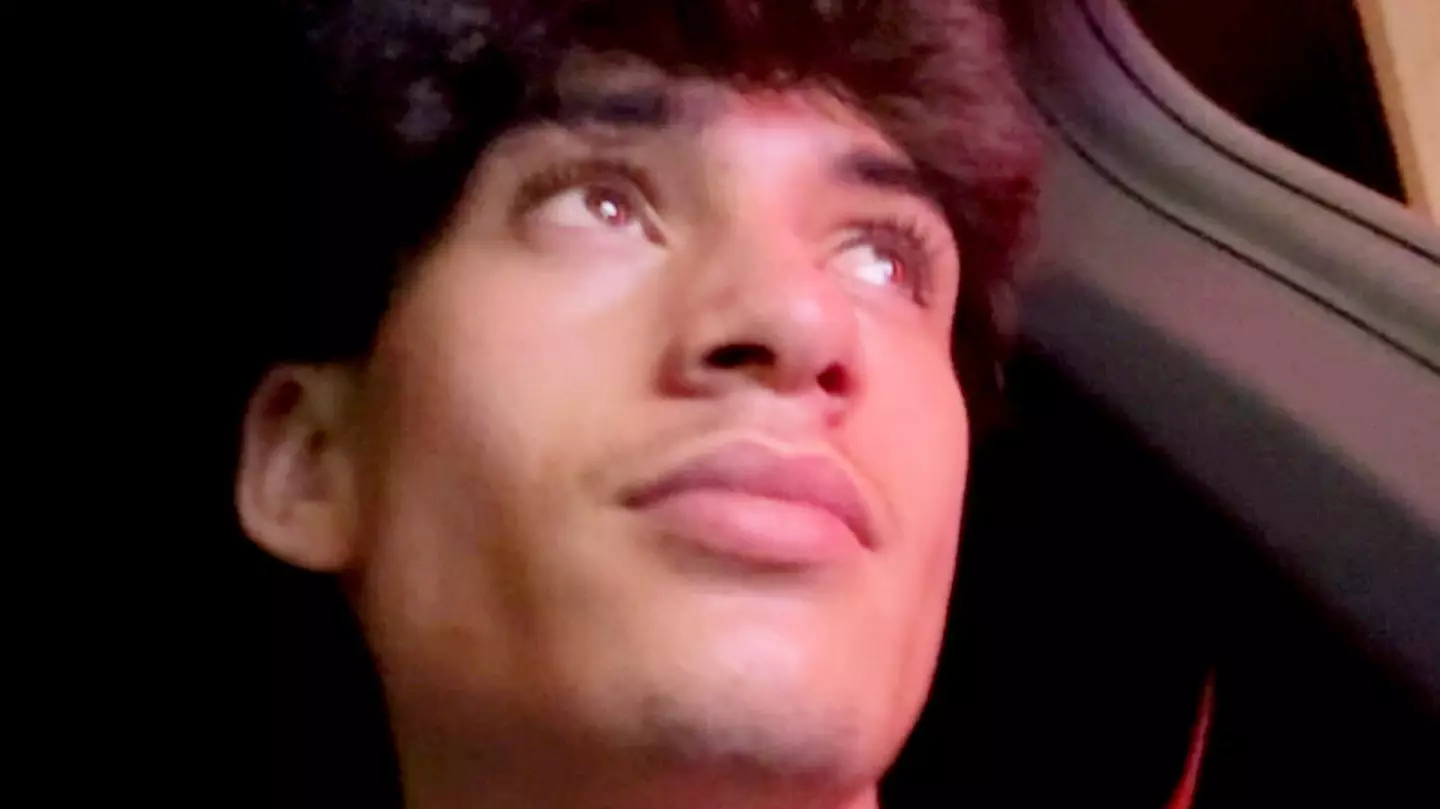
He has to get special permission from doctors to do certain things
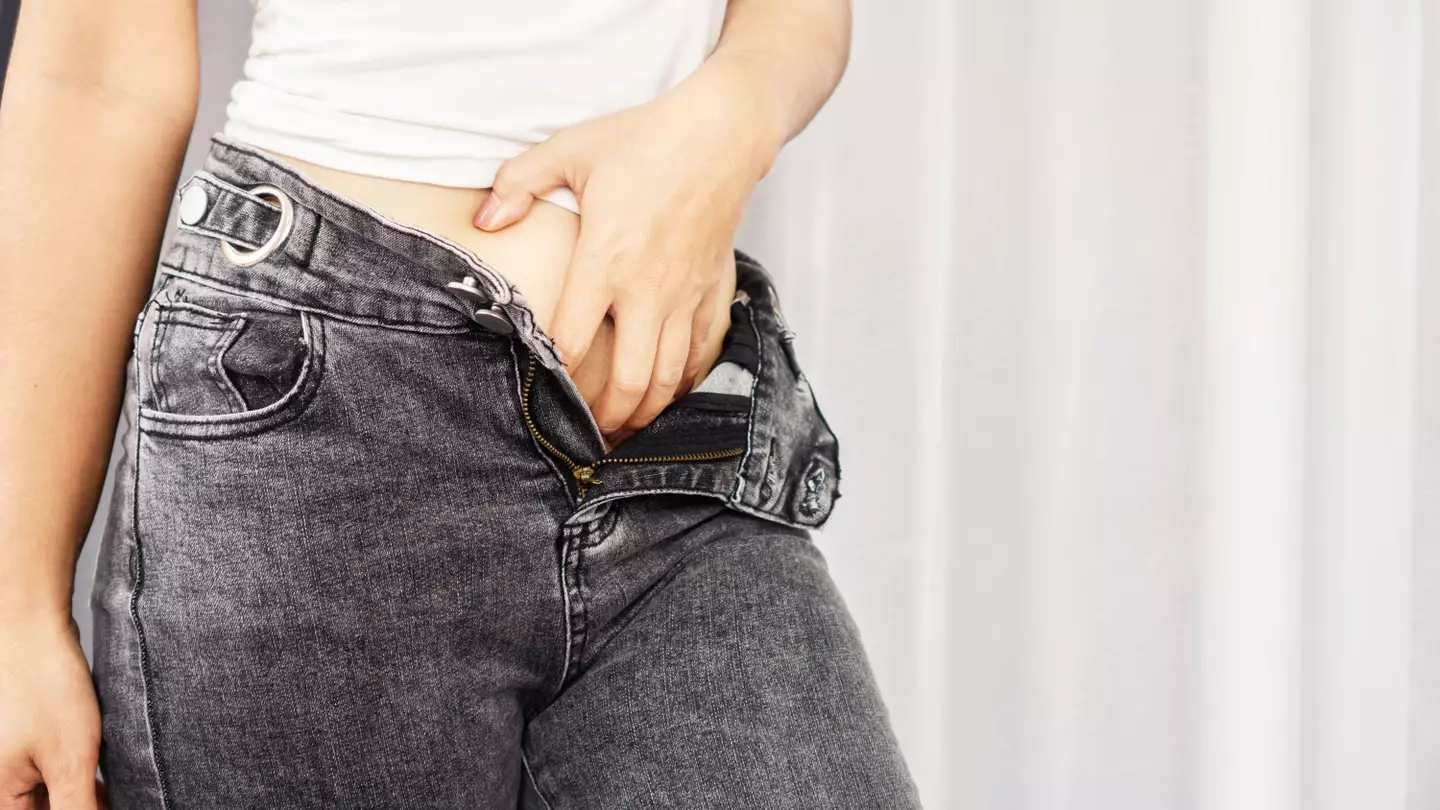
'Vaginitis' describes itchiness, soreness and swelling in and around the vagina
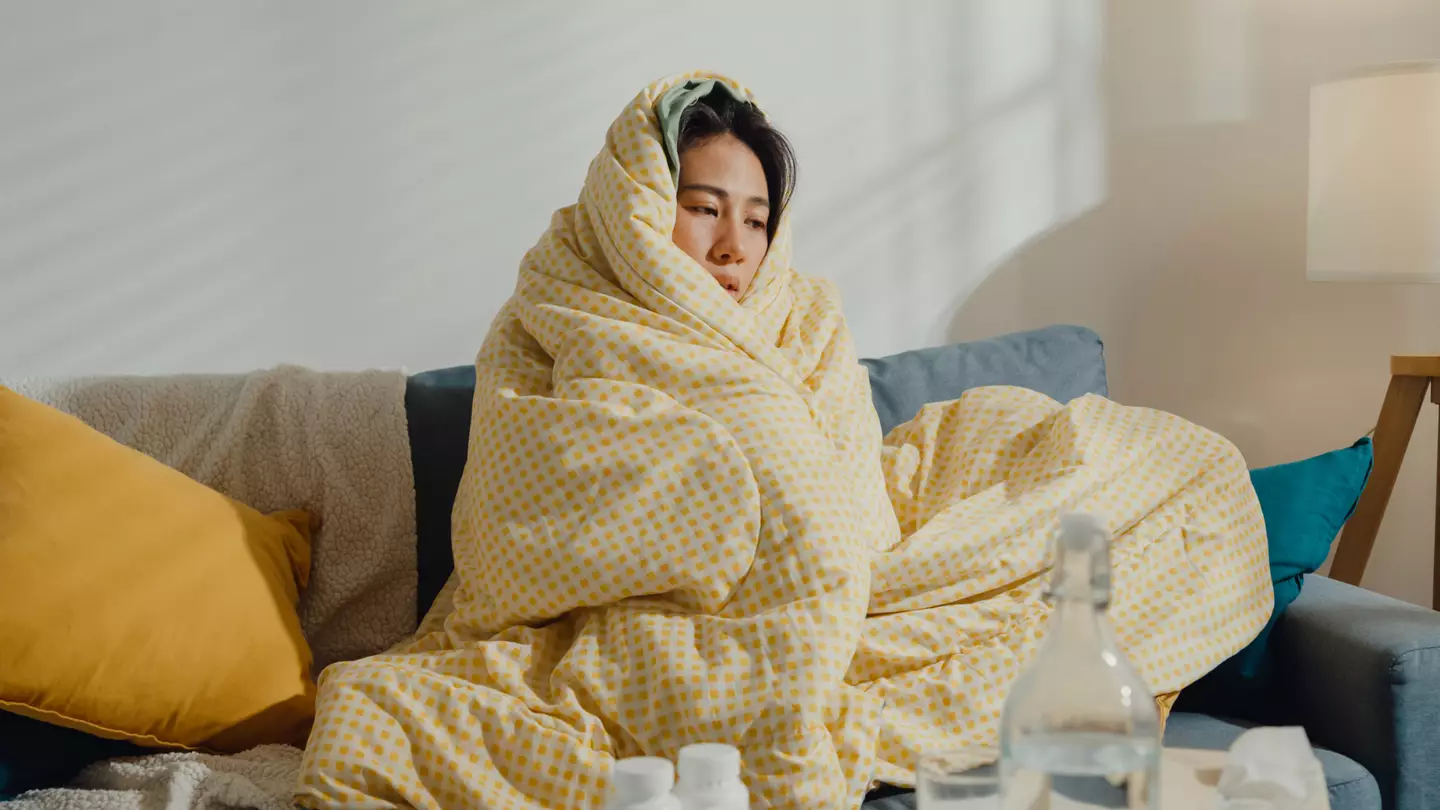
A researcher from the University of Manchester has shared a warning to one particular group of people

Social media has been left scratching its collective head over these symbols
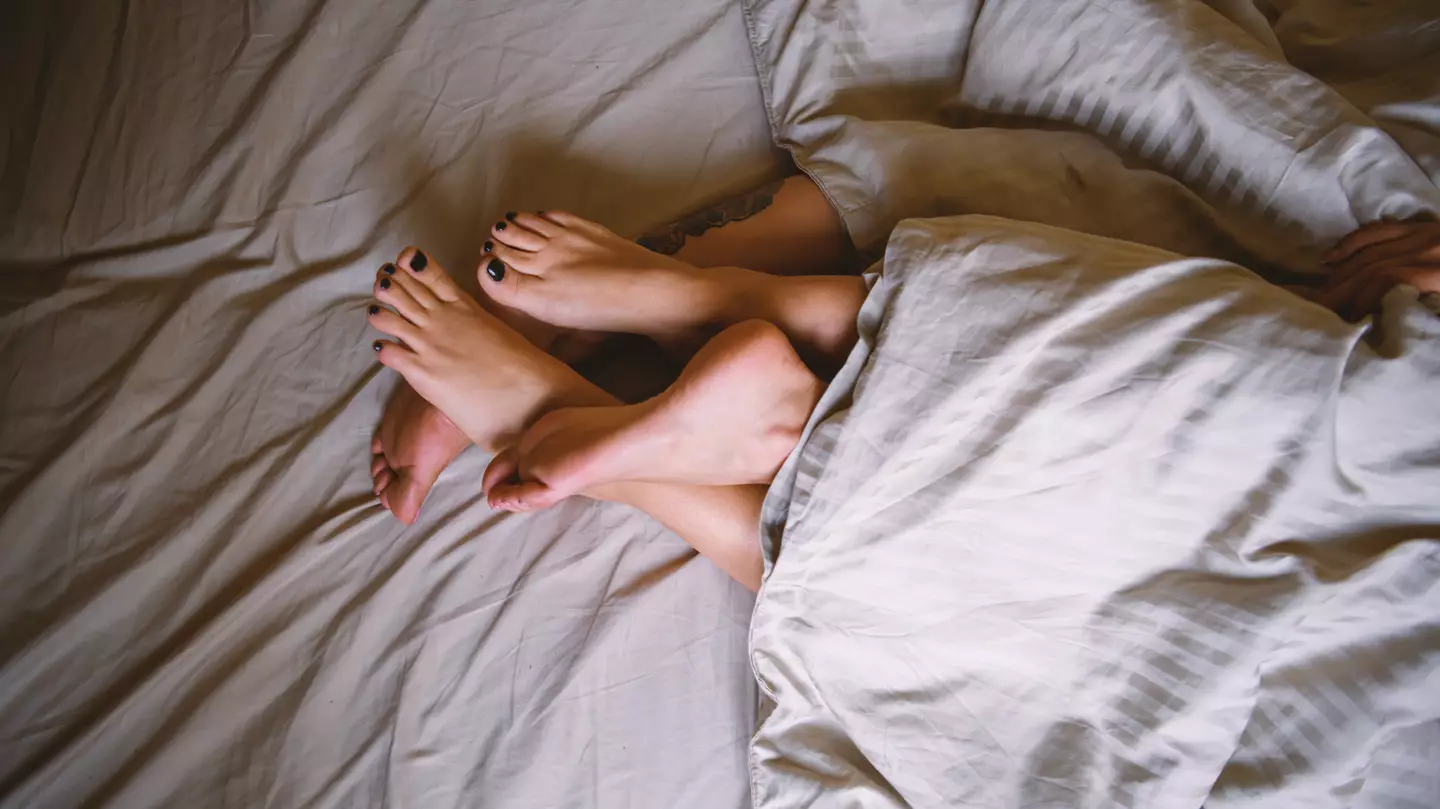

More than 50 percent of patients with EVALI require admission to an intensive care unit

The relationship trend has been explained

The festive classic has left people well and truly confused
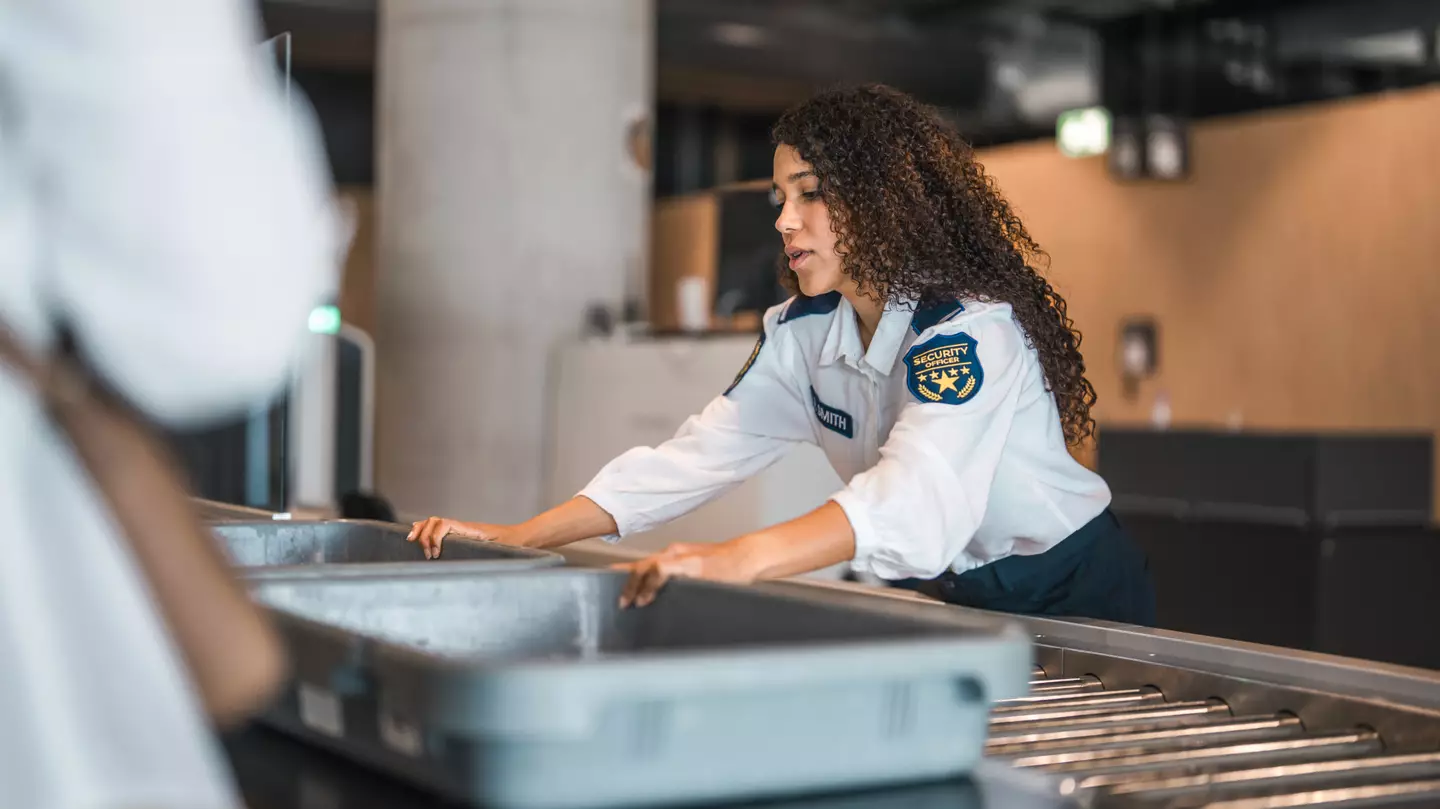

You might want to think twice before you get tipsy this Christmas

The H3N2 flu strain comes with some pretty unpleasant symptoms indeed
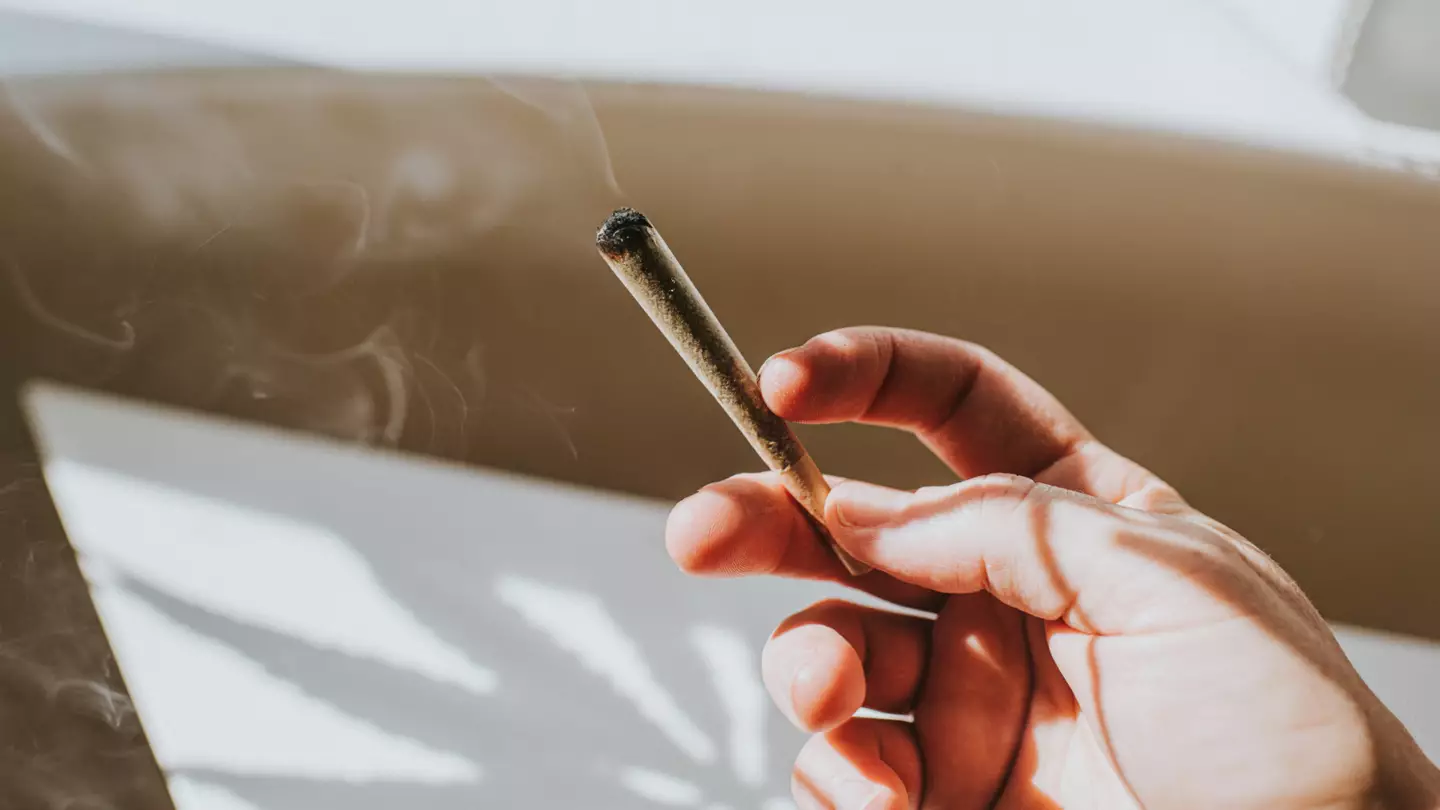
The length of couch-lock can vary from user to user

Regularly replacing your Christmas lights is essential
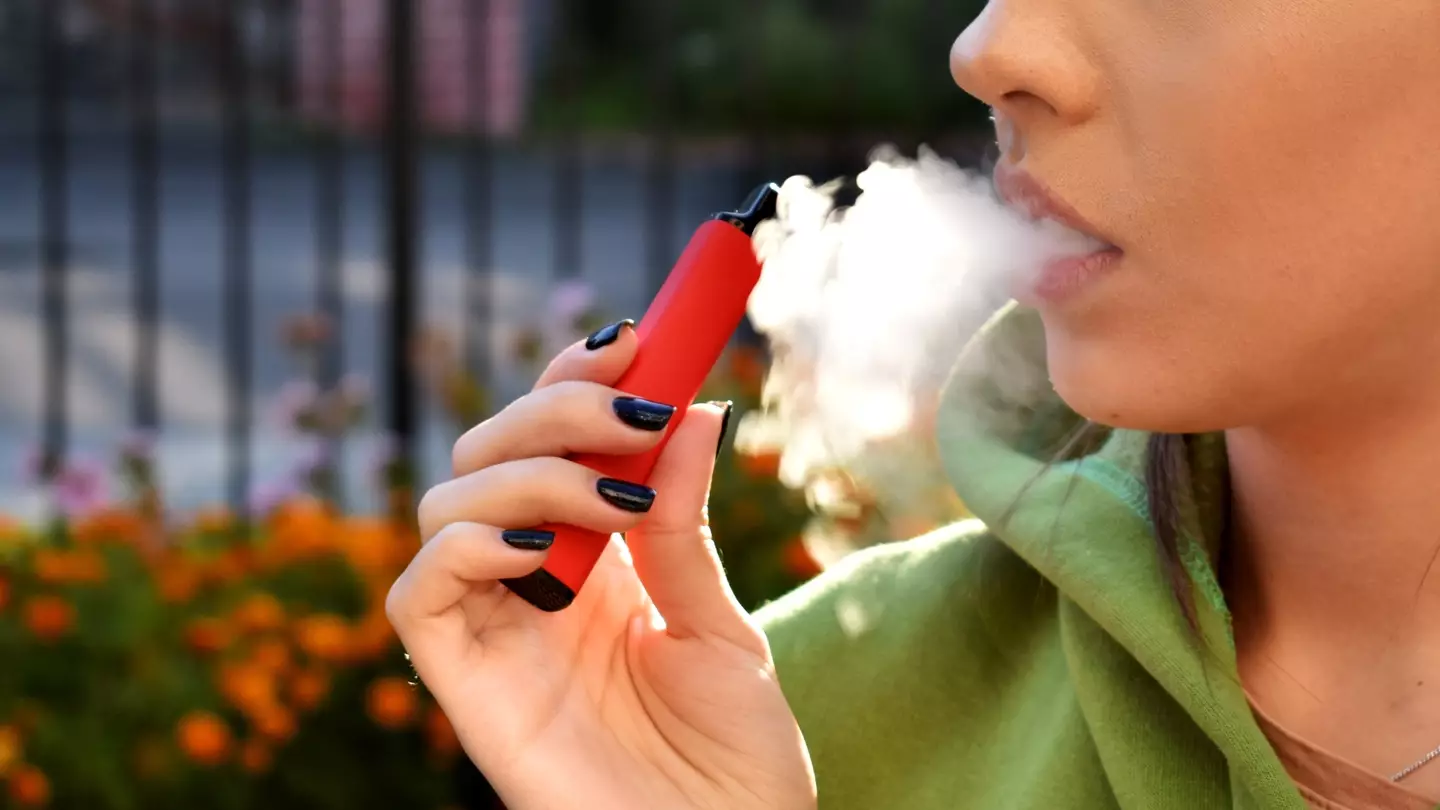
It can pose some short-term problems

Flu hospitalisations have dramatically surged, plunging the NHS into a 'worst case scenario' situation for December

Experts at Eating Well are raising awareness of the risks involved in taking certain medications together, as they may counteract each other
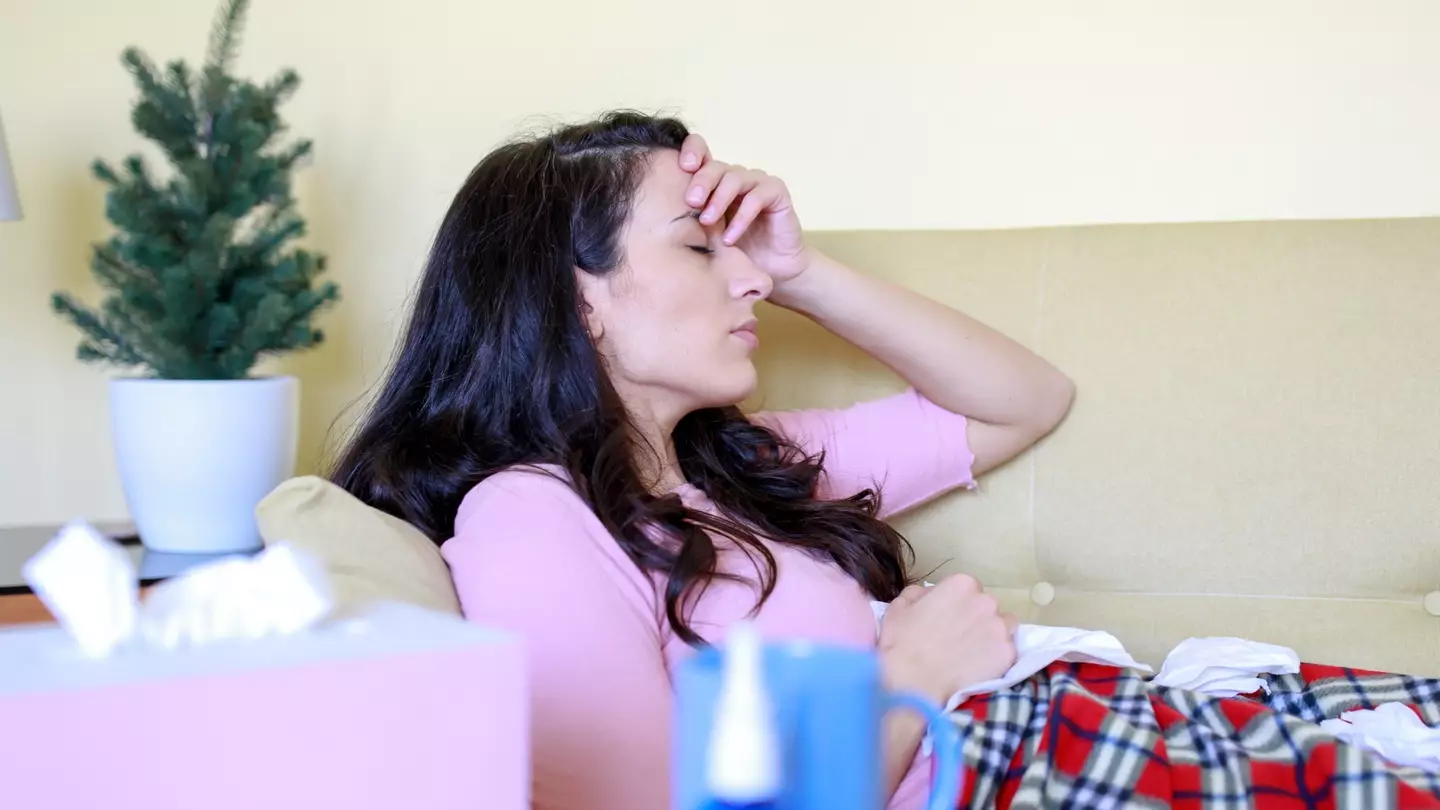
The NHS has warned of a 'worst-case scenario' situation for December

The NHS has issued a warning over the other drugs you really don't want to mix with this particular beverage

